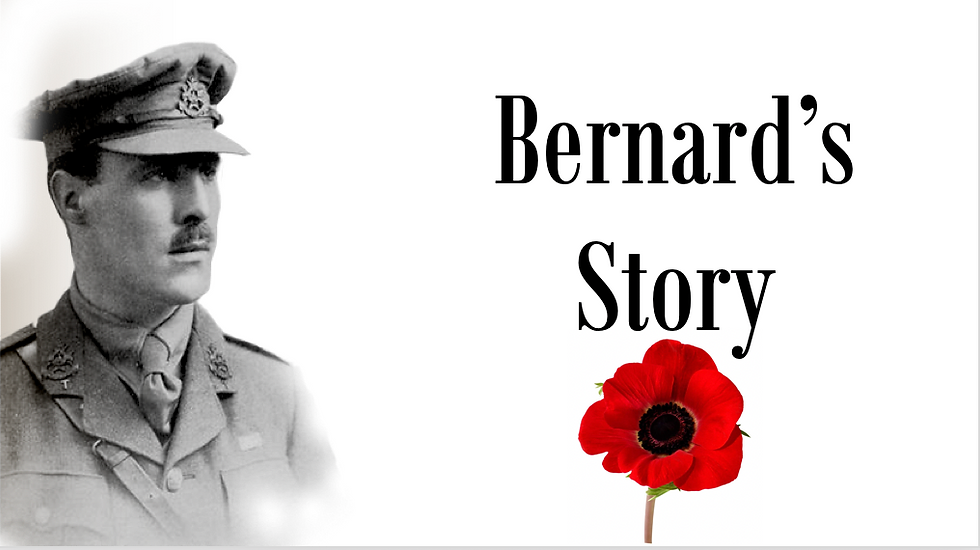WALTER DANIEL TULL - Walter’s Story
- Ethan Grande

- Nov 11, 2018
- 2 min read

Walter was born to a West Indian father and English mother. His mother died of cancer and his father married her cousin but he to passed away not long after. Unable to cope with all the children his stepmother allowed Walter and his youngest brother to join an orphanage.
Walter learned the art of printing and played football for Clapton, one of the top London amateur sides. He helped them to win the F.A. Amateur cup and soon attracted scouts from the bigger clubs.
Tottenham signed him and took him on their tour of South America. Walter was skilful and clever but he lacked pace, certainly for the football league. He did play in Tottenham’s first ever football League game v Sunderland but was dropped for the next game.
The League show a transfer to Heanor Town of the Midland League in 1910 but there is no record of him playing for them, instead he joined Northampton as a ‘make weight’ of the transfer of Charlie Brittain to Tottenham. Walter scored nine times in 12 appearances for the Cobblers including four in one match v Bristol Rovers. His pace was slow even for Southern League football; he was in and out of the side.
Walter Bull took over as manager replacing his old Spurs team mate Herbert Chapman. Although his stay was short he pulled a masterstroke by converting Walter Tull to wing half. He made over 100 appearances from this position over the next three seasons. There was talk of him joining Glasgow Rangers for the start of the 1915-16 season as his brother had a dental practise in the city however fate was taken out of his hands.
World War one was declared and Walter became the first Northampton Town player to join the first battalion of the Middlesex regiment commanded by Major Frank Buckley later to be manager of Wolves. In November 1915 Walter saw France for the first time, as his battalion were billeted 16 miles from the front line. He did return and found time to make a couple of wartime appearances for Fulham.
In fact in just over two seasons he made only ten first team appearances and scored two goals. In one particular game v Bristol City at Ashton Gate he was subjected to a barrage of abuse by City fans that was likened to ‘language used at Billingsgate market.’
He rose to Sergeant and was one of many casualties invalided out of France, however on his recovery he went to the officer’s cadet training school in Scotland and returned to battle as second lieutenant of the Middlesex regiment.
At the battle of the Somme he was killed on the battlefield by a bullet through the head. Fellow soldiers tried to carry his body back to the Base but conditions were so bad they had to leave him there.


Comments